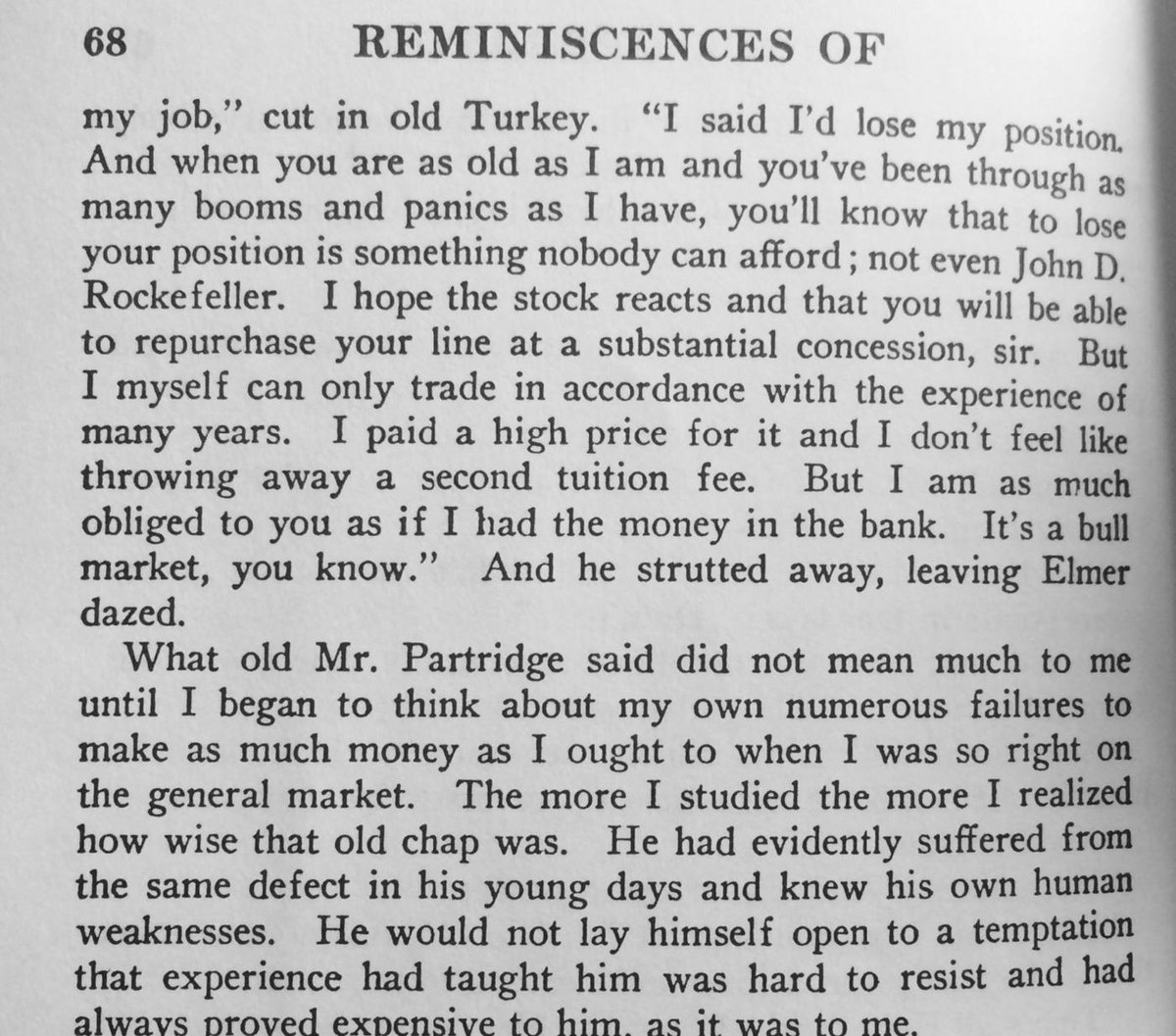 According to a controversial 2011 study by researchers at the University of St. Gallen, traders are more reckless and more manipulative than psychopaths. The traders in the study were intent on getting more than their opponents; in fact, “they spent a lot of energy trying to damage their opponents.” They behaved as though their neighbor had the same car, “and they took after it with a baseball bat so they could look better themselves.”
According to a controversial 2011 study by researchers at the University of St. Gallen, traders are more reckless and more manipulative than psychopaths. The traders in the study were intent on getting more than their opponents; in fact, “they spent a lot of energy trying to damage their opponents.” They behaved as though their neighbor had the same car, “and they took after it with a baseball bat so they could look better themselves.”
I suppose Kevin Dutton and Andy McNab would characterize these traders as bad psychopaths. They possess some character traits that could propel them to great profits, but if left unchecked these traits may lead to financial implosion instead.
The Good Psychopath’s Guide to Success: How to use your inner psychopath to get the most out of life (Apostrophe Books, 2014) is co-authored by a (good) psychopath and a psychologist. McNab is an SAS (British Special Air Service) legend who, as he himself claims, is “considered to be one of the top thirty writers of all time”—I assume by someone whose education was tragically cut short. Dutton, a research fellow at Oxford, has spent a lifetime studying psychopaths. The book, reflecting the penchants of the authors, illustrates self-help principles with rough and tumble adventure tales.
A psychopath has a distinct subset of personality characteristics, including ruthlessness, fearlessness, impulsivity, self-confidence, focus, coolness under pressure, mental toughness, charm, charisma, reduced empathy, and a lack of conscience. Depending on how these traits are dialed up, down, or omitted, the psychopath can be either good or bad.


 Anybody that has traded for an expanded timeframe comprehends the significance of having the correct attitude with regards to trading beneficially. Truth be told, without the correct attitude, it’s practically difficult to deliver reliable outcomes. In addition, the greatest test I’ve seen for some traders understands what the right mentality involves, and after that making it perpetual so it turns out to be second nature while connecting with the business sectors. Most traders concentrate on creating techniques with a specific end goal to profit. Henceforth, there is no other path around. In any case, your mentality is regularly “the missing connection” with a specific end goal to perform better. To get consistent returns you need to concentrate on the mental part the same amount of as the trading numbers. For the individuals who have not traded much, this may sound somewhat abnormal. What does brain science need to do with hard and cool trading numbers? In the wake of trading for a few years, you’ll find that trading is absolutely not as simple as it appears to be, an incredible inverse. On the off chance that you can’t take after the principles of the procedure, you essentially have no technique.
Anybody that has traded for an expanded timeframe comprehends the significance of having the correct attitude with regards to trading beneficially. Truth be told, without the correct attitude, it’s practically difficult to deliver reliable outcomes. In addition, the greatest test I’ve seen for some traders understands what the right mentality involves, and after that making it perpetual so it turns out to be second nature while connecting with the business sectors. Most traders concentrate on creating techniques with a specific end goal to profit. Henceforth, there is no other path around. In any case, your mentality is regularly “the missing connection” with a specific end goal to perform better. To get consistent returns you need to concentrate on the mental part the same amount of as the trading numbers. For the individuals who have not traded much, this may sound somewhat abnormal. What does brain science need to do with hard and cool trading numbers? In the wake of trading for a few years, you’ll find that trading is absolutely not as simple as it appears to be, an incredible inverse. On the off chance that you can’t take after the principles of the procedure, you essentially have no technique.